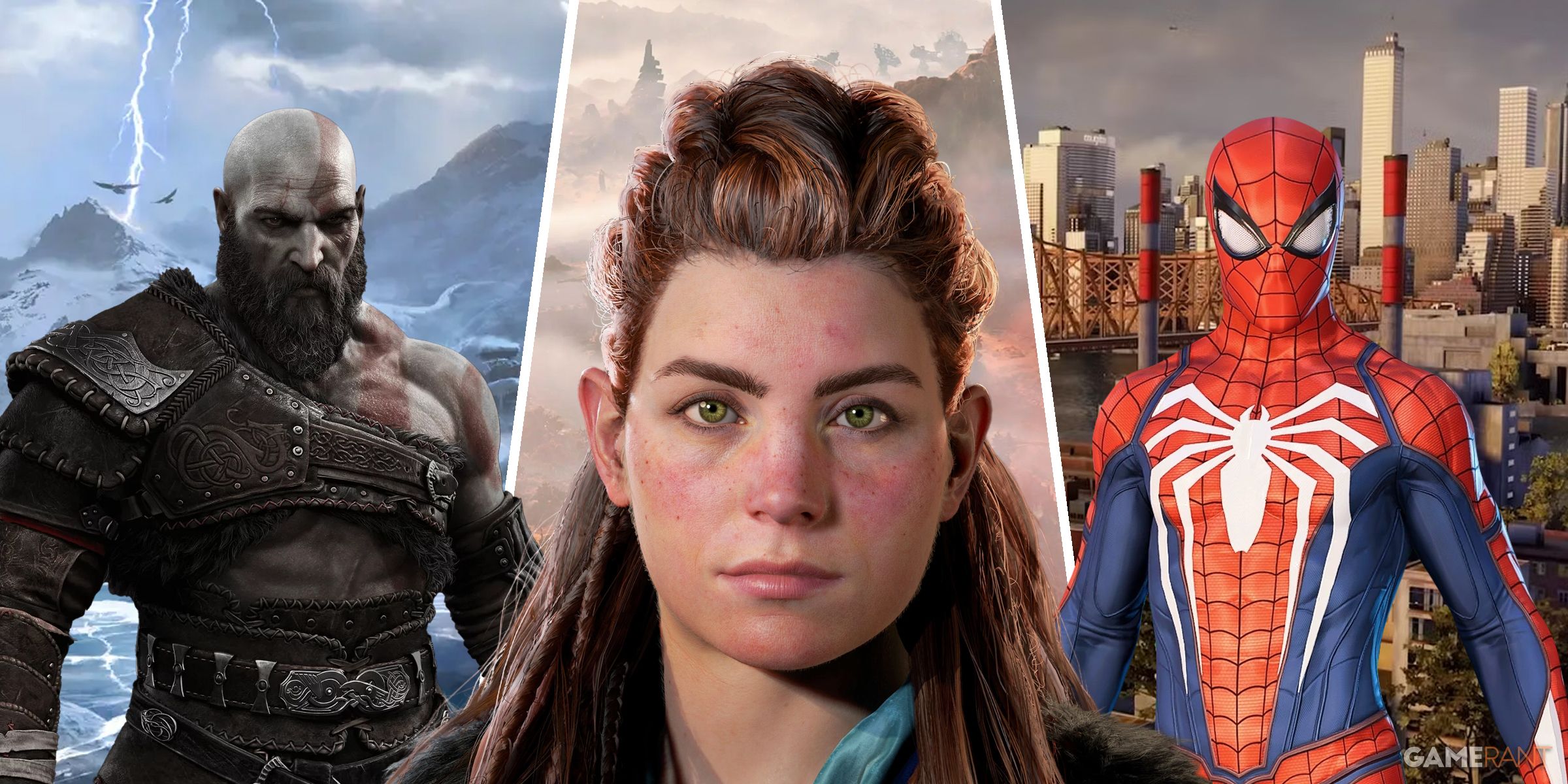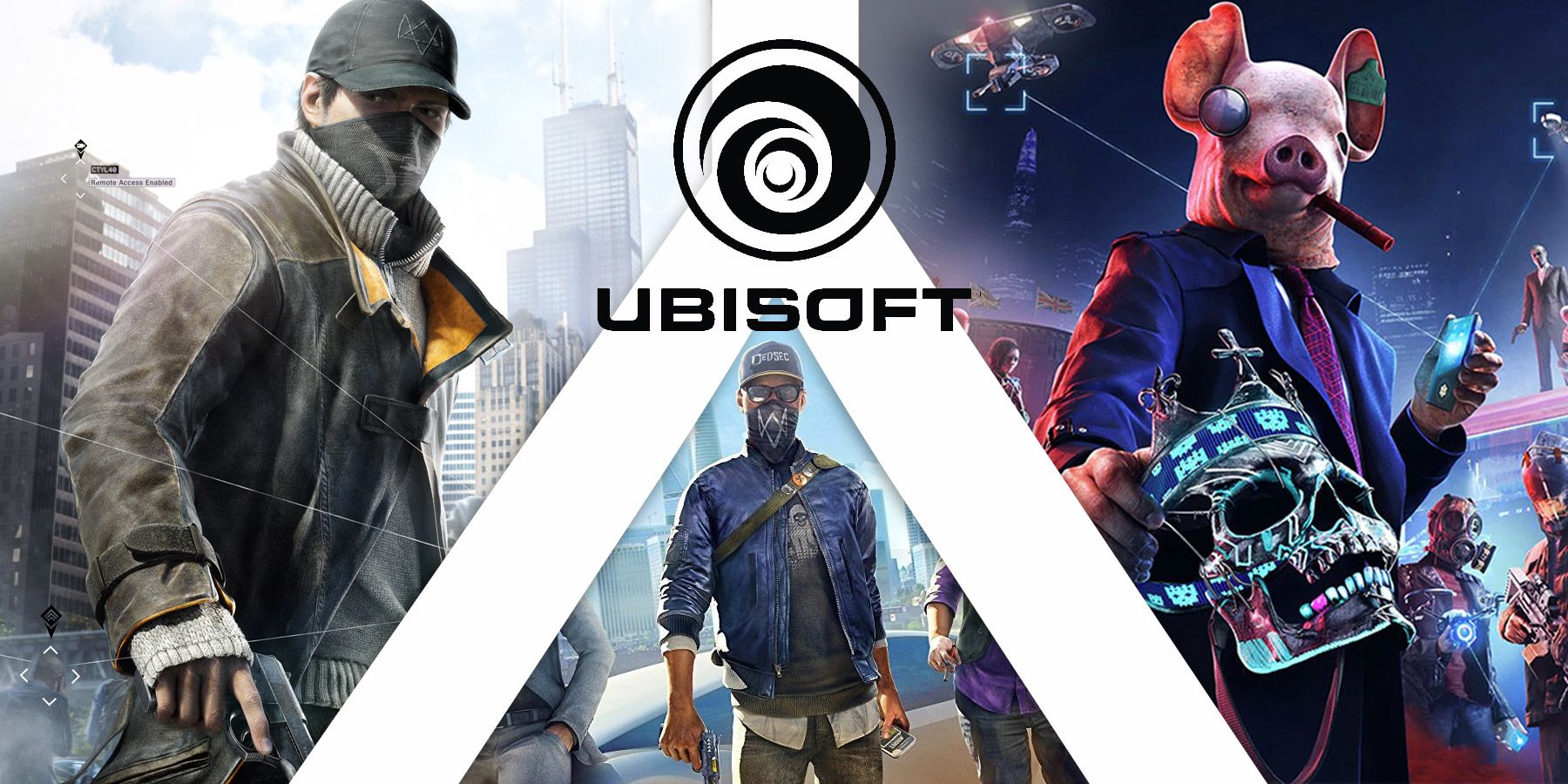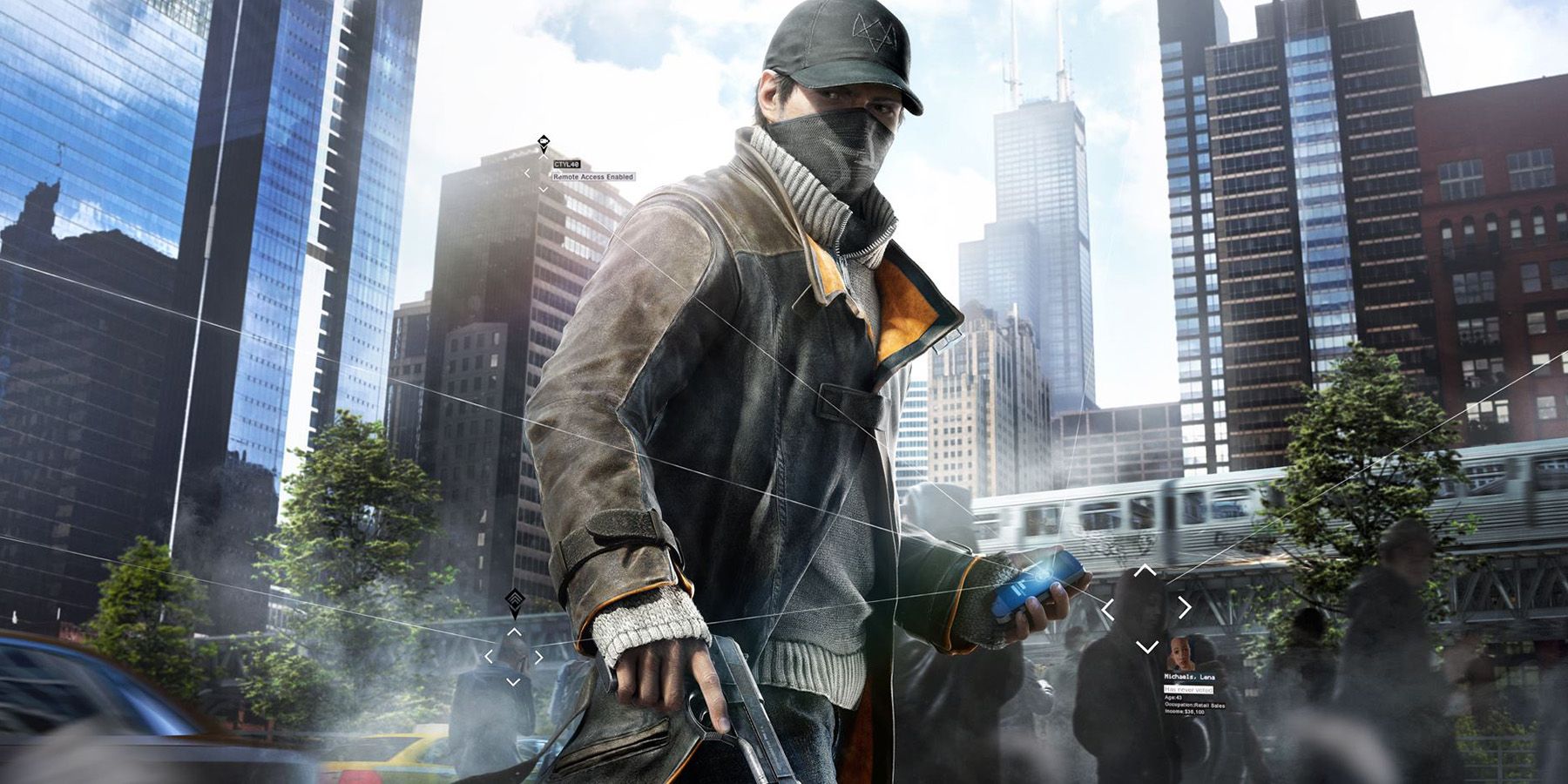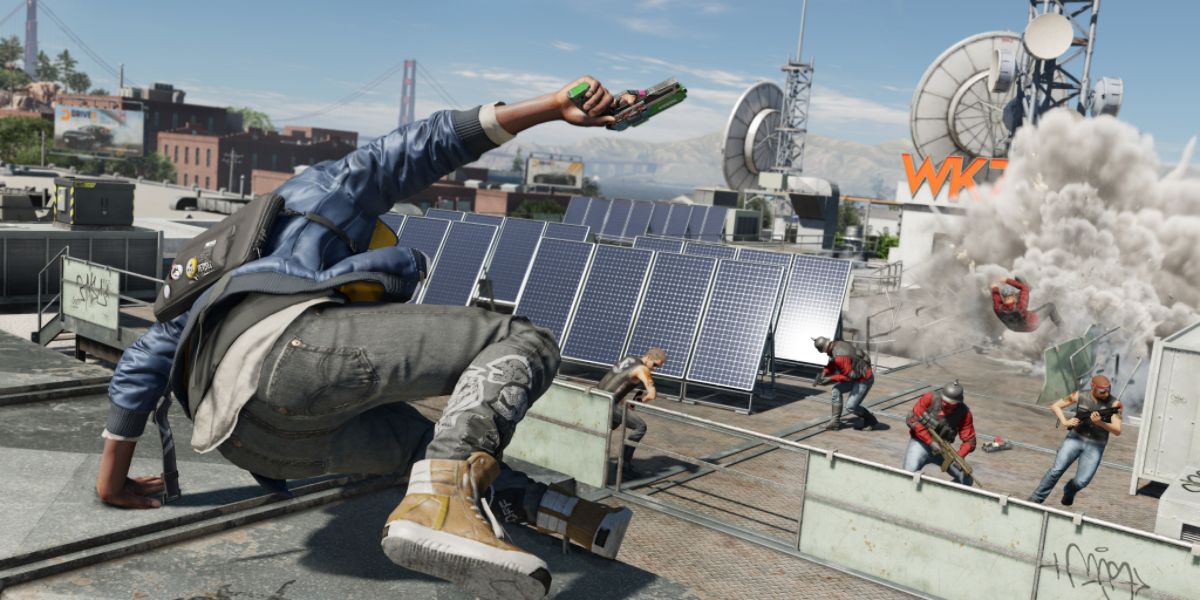Over its three entires, the Watch Dogs franchise has had a major identity crisis. The series began in 2014 as a darker story about a vigilante trying to get revenge and has since turned into a wild open-world game where the player has control over literally everyone. No two entries in the series are alike, and the only thing connecting them is the hacking mechanic. While the Watch Dogs series has provided some fun open-world hijinks, it is in desperate need of a clear direction.
The majority of franchises under Ubisoft have clear identities. The Assassin's Creed franchise has brought players across history to combat the Templars, the Far Cry series has given players open-world sandboxes to cause as much mayhem as they can, and the Tom Clancy brand has encompassed many special ops titles. While there have been variations in these specific titles with the new RPG approach for Assassin's Creed and the direction that Ghost Recon has gone, these series still maintain a semblance of similarity. Watch Dogs, on the other hand, has released a different type of game for each title, and that makes it very hard to figure out what the series is all about.
The Evolution of Watch Dogs
In 2014, open-world fans were treated to the first entry in the Watch Dogs series. The game followed vigilante hacker Aidan Pearce in the streets of Chicago. He went on a quest for revenge against those who were responsible for killing his niece. The game was darker than later entries in the franchise and told a pretty grounded story with a futuristic backdrop. It introduced players to a new world and gave them control over a hacking mechanic that would turn the open-world into their playground.
Watch Dogs 2 released two years later and took the series in a different direction. Instead of continuing Aidan's story or telling another gritty tale, the series chose to become a little more light-hearted. The game replaced the dreary streets of Chicago with the colorful San Francisco. The player took control of Marcus Holloway, a man who just wanted to help take down ctOS alongside DedSec. The story was far more upbeat and the game introduced players to wacky characters like Wrench. It felt like a very different game to the first, with the only big connection being the evolution of the hacking mechanic and the backstory of the world.
The third entry in the series, Watch Dogs: Legion, took the series in a completely new direction and served as a huge departure from the rest of the franchise. Instead of controlling one main character, Legion let players control everyone. Each NPC is recruitable and has their own set of skills and backgrounds. The story takes place in London and is considerably different than the previous two games in the franchise, as there is no central character. The gameplay is wild and wacky, with the game pushing players to just have a wild time with all the controllable NPCs. This entry in the series looks nothing like where the series began, and that makes the identity crisis that Watch Dogs has very apparent.
Watch Dogs Needs a Clear Direction
Rumors are circulating that Watch Dogs may be quietly shelved by Ubisoft, but if those rumors are untrue, then it needs to figure out what exactly it wants Watch Dogs to be. The franchise began as a gritty open-world vigilante series and divulged into a zany open-world mayhem simulator. If this experimentation and evolution continues, then the next entry will look even more different from its predecessors, and that does not make a very cohesive franchise.
The only other big open-world franchise that has had a large identity crisis is the Saints Row series, and that is getting a reboot this year. That series began as a street crime adventure and evolved into a literal trip to the bowels of Hell. While Watch Dogs has not jumped the shark and gone to Hell yet, the current trajectory of the franchise will make later entries virtually unrecognizable from the earlier games.
Ubisoft does not need to return to the gritty feel of the original Watch Dogs, though many fans would appreciate that. What it does need to do is figure out exactly what it wants Watch Dogs to be. RIght now, the franchise seems like a testing ground for different game concepts and ideas that Ubisoft has. The next entry cannot mark another big departure from the core of the franchise, or the series may suffer for it. Whatever form the next game takes, it will be better for the franchise in the long run to establish a focus and stick to it. If Ubisoft does not commit to a theme, Watch Dogs will eventually go off the rails and need to be rebooted like Saints Row.






